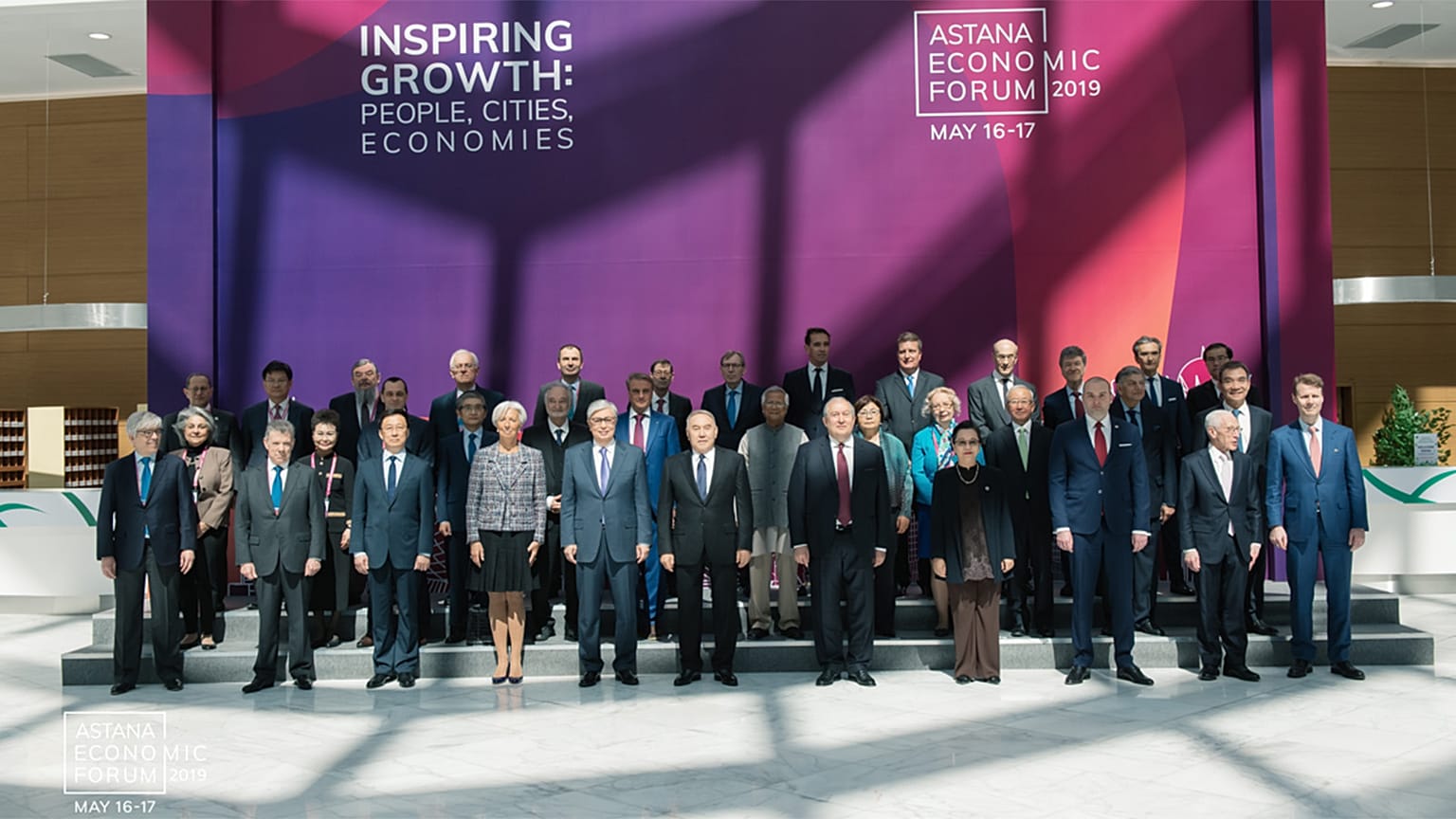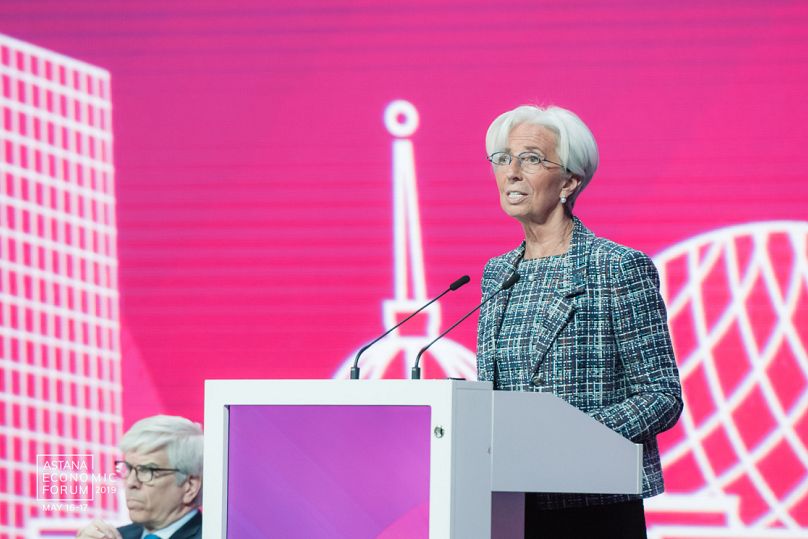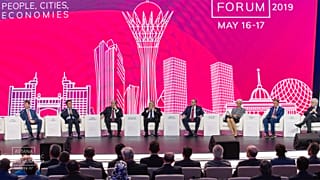Cities are the engines of growth. This was the conclusion when the 12th Astana Economic Forum examined the drivers of growth in the modern world, under the theme of “Inspiring growth: People, Cities, Economies”.
 ADVERTISEMENT
ADVERTISEMENT
 ADVERTISEMENT
ADVERTISEMENT
Accounting for 70% of global GDP, urban centres are the seat of economic opportunity and new ideas, but this comes with challenges such as poor living conditions, pollution, and inequality. “Cities are where all global trends manifest themselves and where delivering innovative solutions to our urban challenges will define how humanity can continue to evolve sustainability,” Hazem Galal, PwC Partner in the UAE, said at the Astana Economic Forum.
Nearly 6,000 people from 75 countries gathered in Nur-Sultan, Kazakhstan's capital which was recently renamed from Astana, to hear from top politicians, scientists. Beyond the understanding that cities are the engines, at the heart of the Forum on 16-17th May was also a recognition that the uncertainties of the future will necessitate a renewed focus on people through expanding their knowledge.
A growing distrust in globalism, and other previously established principles that have shaped our existing economic systems, has caused significant uncertainties about the future. “We live in difficult times: the major powers fight trade wars, the problem of climate change is increasingly serious, and the fourth industrial revolution is transforming labour markets and development of human capital,” said Karazhan Yerlyk Narimanuly, Chair of the JSC Economic Research Institute. We’re standing at a crossroads where our choices will determine whether we’ll face a new era of prosperity or stagnation. “To address these issues and put growth on a higher and more inclusive path, the world needs strong international cooperation in addition to good domestic policies,” said Christine Lagarde, Chair of the International Monetary Fund.
The fourth industrial revolution was central to the Forum’s debates, as the physical world is now connected to the virtual - this is creating a single digital ecosystem. Automation, big data analysis, smart devices that do dangerous or monotonous work, and the industrial Internet of Things are all elements of the information and communication infrastructure of the future. Optimising how we work will continue to increase productivity - Kazakhstan’s natural resources sector is an example of how artificial intelligence should lead to more reliable and efficient production, in part by failure forecasting, and optimising work processes and logistics. In cities, intelligent transport systems and smart energy solutions will improve daily life, while improvements in healthcare should lead to more advanced diagnostics and early detection of illness. But in order to reap these benefits, artificial intelligence needs to be embraced by the general public, starting with improving people’s digital skills so they can better understand how this new tool can be an asset and not just a threat.
In order to thrive in this new, digital-first world, countries need to be prepared. As the digital economy drove 40% of the EU’s growth over the past decade, the technological gap between countries is increasing - this is a divide that needs to be addressed through education and not just of children. “Rapid transformation leads to the rapid obsolescence of our knowledge and the need for continuous learning,” said Herman Gref, Chair of Sberbank, adding that there are downsides to digitisation. Losses from cyber attacks now amount to $500 billion every year, and the nature of cyber crime means we’re not so much hoping to deter all attacks as we’re working to anticipate threats, minimise losses and recover as quickly as possible.
But despite the risks, digitisation will be an asset to people as it will lead to speedier and more transparent interactions with government. For example the transition towards digital healthcare in Kazakhstan has cut the waiting time for results by 2.5x, and digitalisation has reduced the quality gap between rural and urban education in Kazakhstan by more than 30%.
“The most pressing challenge is to achieve sustainable development, [requiring] the combination of economic development, social justice, and environmental sustainability,” said Jeffrey Sachs, Director at the Earth Institute at Columbia University. The cities of the future will use data to glean insights about the lives of the people who live there, with digital tools and automation ensuring urban centres become efficient and attractive places to live. But in order to reach a point where this successful digital transformation is within reach, countries need to learn from each other. This is why summits such as the Astana Economic Forum will remain vital hubs for ensuring that the tools for building this future can be shared, and ultimately, improved.


